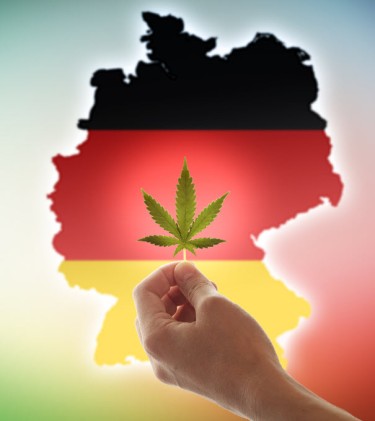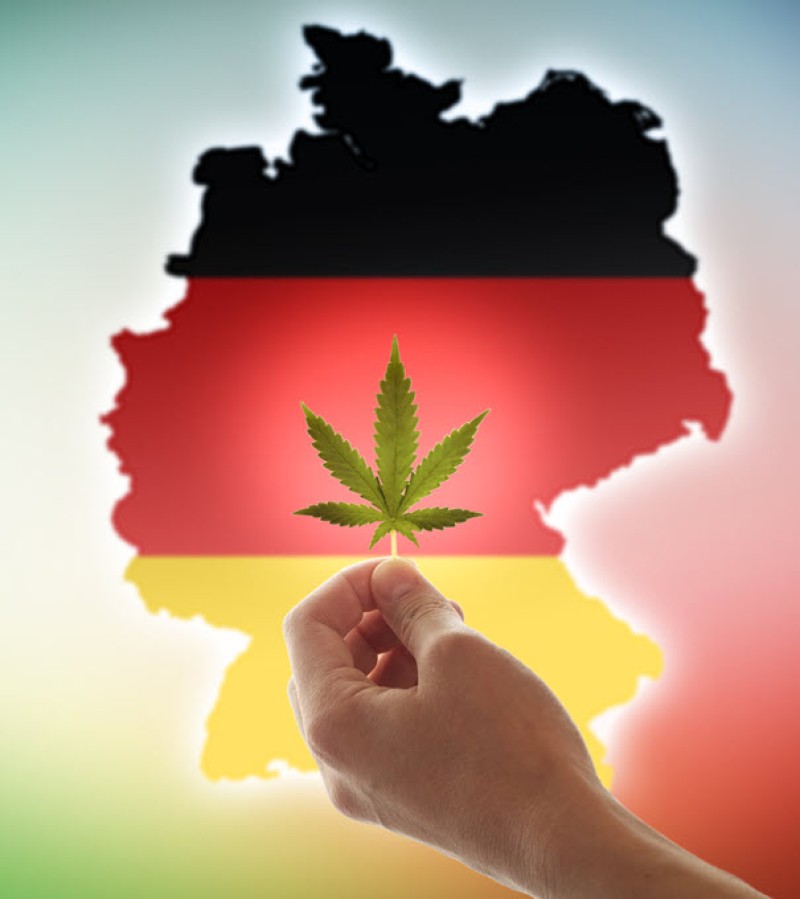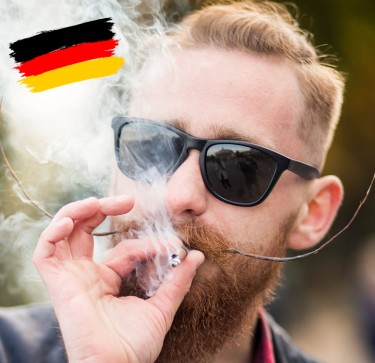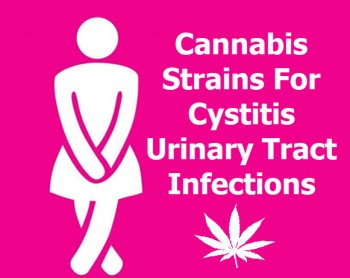
Germany’s cannabis industry is undergoing a remarkable transformation, rapidly evolving into one of Europe’s largest and most dynamic markets. As of 2025, the industry has reached a milestone revenue of approximately 500 million euros, driven by significant regulatory reforms, expanding medical cannabis programs, and the early stages of recreational cannabis legalization. Notably, around 2,500 pharmacies across the country now dispense medical cannabis products, and 211 cannabis grow clubs have been officially approved, reflecting the growing normalization and integration of cannabis into Germany’s healthcare and social landscape.
The Rise of Germany’s Cannabis Market
The German cannabis market has expanded swiftly following the introduction of the Cannabis Act (CanG) in April 2024, which reclassified cannabis from a narcotic to a regulated therapeutic and recreational substance. This legislative shift has simplified prescription procedures and increased patient access, fueling a surge in medical cannabis sales. In 2024 alone, medical cannabis sales were estimated at around 450 million euros, with projections for 2025 and beyond pointing to continued robust growth[2][7].
The market’s growth Is supported by a broad network of approximately 2,500 pharmacies authorized to dispense medical cannabis. This wide distribution network ensures that patients across Germany have easier access to cannabis-based treatments, enhancing the drug’s acceptance among healthcare providers and patients alike.
Cannabis Grow Clubs: A New Model for Cultivation and Access
Alongside the expansion of medical cannabis dispensing, Germany has approved 211 cannabis grow clubs. These clubs represent a novel approach to cannabis cultivation and community access, allowing registered members to collectively grow cannabis plants in a regulated environment. The grow club model aims to provide a legal, controlled alternative to the black market, ensuring product quality and safety while fostering community engagement.
The approval of these grow clubs is part of Germany’s broader strategy to decentralize cannabis production and empower local initiatives. This approach also aligns with efforts to reduce illegal cannabis trade and promote responsible consumption through regulated channels.
Market Size and Economic Impact
The current valuation of Germany’s cannabis industry at around 500 million euros marks a significant economic milestone. This figure primarily reflects medical cannabis sales but also includes revenues from the emerging recreational market and ancillary services such as cultivation, distribution, and retail.
Looking ahead, the German cannabis market is projected to expand substantially. Estimates suggest that by 2025, the market could generate revenues exceeding 1 billion US dollars (approximately 930 million euros), with forecasts anticipating a market size of €4.6 billion by 2034[1][3]. This growth will be fueled by further legalization steps, increased domestic cultivation, and the introduction of pilot retail programs in cities like Frankfurt and Hannover.
Regulatory Landscape and Challenges
The transformation of Germany’s cannabis industry is underpinned by evolving regulatory frameworks. The Cannabis Act and Medical Cannabis Act have streamlined access and redefined legal parameters, but challenges remain.
-
Reimbursement and Cost Barriers: Despite increased access, many medical cannabis therapies are not fully reimbursed by health insurance, posing affordability challenges for patients. Recent policy changes have eased some restrictions by allowing doctors in specific fields to prescribe cannabis for reimbursement without prior insurance approval, but broader coverage is still limited.
-
Telemedicine and Prescription Oversight: Telemedicine has played a pivotal role in expanding access, with online platforms facilitating a surge in cannabis prescriptions. However, concerns about overprescription and insufficient medical oversight have led to regulatory scrutiny and court rulings restricting certain telemedical cannabis services.
-
Political Dynamics: The 2025 federal elections brought a government with a more cautious stance on cannabis liberalization. While a full rollback of reforms is unlikely, tightening regulations on telemedicine and delaying recreational pilot projects are expected, creating some uncertainty for market expansion.
Social and Economic Opportunities
Despite regulatory hurdles, Germany’s cannabis industry presents significant opportunities:
-
Job Creation: The expanding market is projected to create over 27,000 new jobs across cultivation, processing, retail, and ancillary services by 2034.
-
Innovation and Research: Germany is becoming a hub for cannabis research, clinical trials, and product development, including novel therapies and CBD-infused products.
-
Tourism and Retail: Pilot retail programs and the gradual rollout of recreational cannabis sales are expected to stimulate cannabis tourism and new business models.
Conclusion
Germany’s cannabis industry has reached a pivotal juncture, marked by a 500 million euro market size, widespread pharmacy dispensing, and the establishment of numerous grow clubs. These developments reflect a broader shift toward regulated, responsible cannabis use for medical and recreational purposes. While challenges related to regulation, reimbursement, and political shifts remain, the trajectory of growth and innovation positions Germany as a leading cannabis market in Europe.
As the industry continues to evolve, stakeholders-from policymakers to healthcare providers and entrepreneurs-will play crucial roles in shaping a sustainable, equitable, and thriving cannabis ecosystem in Germany.






